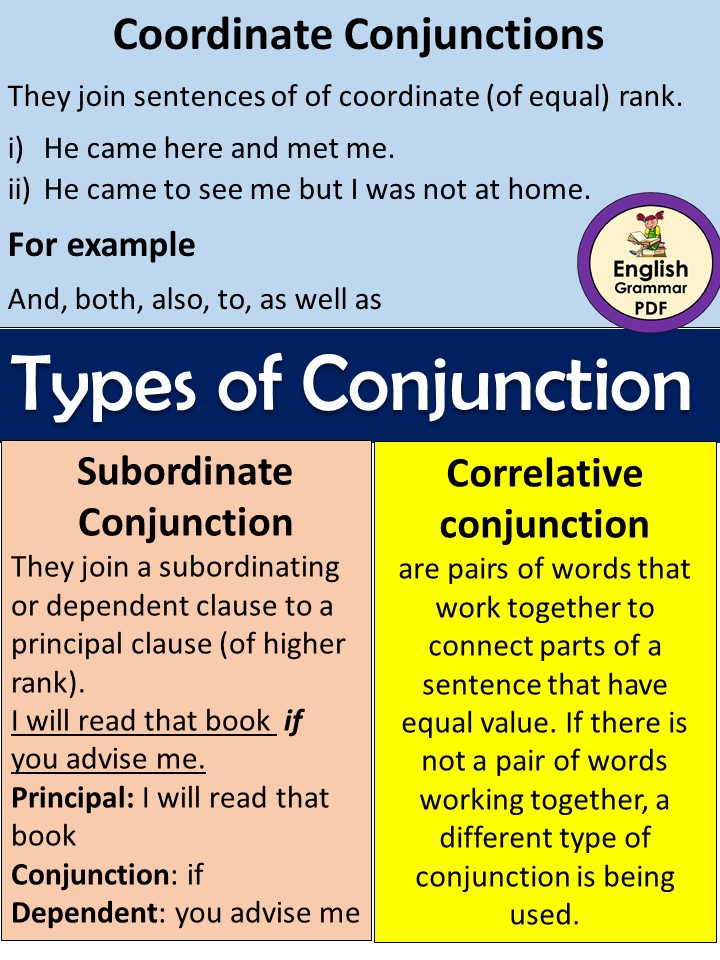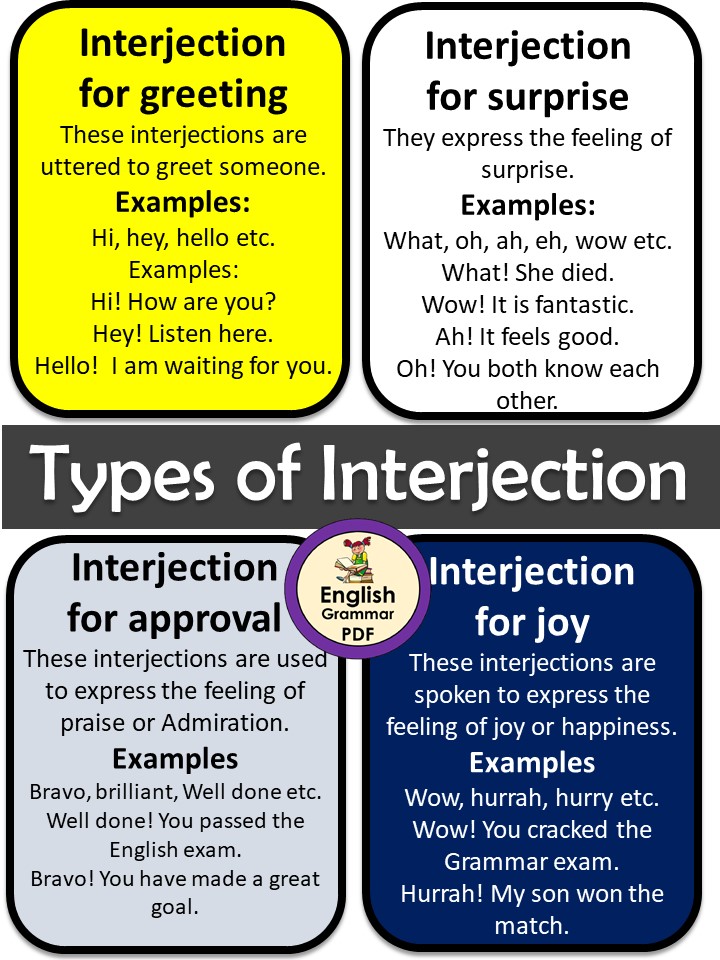“If” is a conjunction in the English language primarily used to introduce conditional clauses. These clauses express a situation whose occurrence or outcome is dependent on another condition.
“If” can set up scenarios ranging from realistic to hypothetical, and it plays a crucial role in constructing conditional sentences, which are often used to speculate about what could happen, what might have happened, and what we wish would happen.
1. “If” as a Conjunction
As a conjunction, “if” connects two clauses by introducing a conditional clause, also known as the “if clause.” This clause specifies the condition that must be met for the main clause’s action or outcome to take place.
Conditional sentences with “if” can be categorized into zero, first, second, and third conditionals, each serving to express different degrees of possibility or hypothetical situations.
Examples:
- If you heat ice, it melts.
- If it rains, we will cancel the picnic.
- If I were you, I would apologize.
- If we had left earlier, we wouldn’t have missed the train.
Tips for Using “If”
- Understand the type of conditional sentence you’re forming to use “if” correctly. Zero conditional sentences (real and always true situations) use the simple present tense in both clauses. First conditional sentences (possible and likely future situations) use the simple present tense in the “if” clause and will + base verb in the main clause. Second conditional sentences (hypothetical, unlikely situations) use the simple past tense in the “if” clause and would + base verb in the main clause. Third conditional sentences (impossible past situations) use the past perfect tense in the “if” clause and would have + past participle in the main clause.
- Avoid common mistakes such as using “if” when “whether” is more appropriate. “If” introduces conditions, while “whether” introduces alternatives or choices.
- In formal writing, be cautious about beginning sentences with “if,” especially in cases where “whether” might be a better choice for expressing a two-sided possibility.
- Be mindful of punctuation when using “if” in conditional sentences. A comma is typically used after the “if” clause when it precedes the main clause, but not when the main clause comes first.
Common Mistakes to Avoid:
- Confusing “if” with “whether,” particularly in indirect questions and statements of uncertainty. Use “whether” when indicating two or more alternatives and “if” for conditions.
- Misplacing the comma in conditional sentences. Remember, the comma separates the “if” clause from the main clause when the “if” clause comes first.
- Using “if” to form questions directly. Instead, “if” is used in reported questions and indirect speech.


